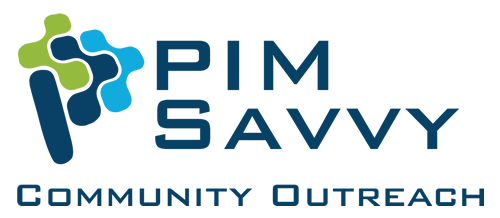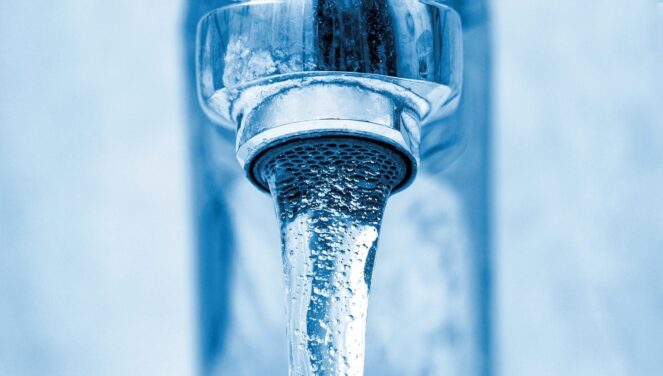Did you know the Washington State Legislature passed new plumbing laws in 2020 to help with plumber shortages, expand training opportunities for the plumbing industry and increase consumer protection? Most of these new laws went into effect on July 1, 2021, and created significant developments and advancements for the plumbing trade.
One of the biggest changes was the creation of the plumbing contractor license. What does this mean? Now only contractors holding the new license can legally perform plumbing contract work – bidding, advertising, hiring certified plumbers, etc. Before, general contractors could do plumbing contract work; now they can’t unless they have the new license.
The actual, hands-on plumbing work must still be performed by certified plumbers, who now must be employed by licensed plumbing contractors.
According to Washington State Department of Labor & Industries (L&I), several requirements need to be fulfilled in order to become a licensed plumbing contractor.
- Complete the Application for Plumbing Contractor License.
- Obtain a Surety Bond or Assigned Savings Account $6,000.
- Obtain a Certificate of Liability Insurance ($250,000 combined per occurrence amount) on which L&I must be the certificate holder. A certificate of insurance must be filed each year prior to the expiration date of the policy, or the registration will become automatically suspended and reinstatement fees will be assessed.
- Complete and notarize application.
- Pay the required application fee.
- Have a designated plumber on staff that carries a certification with L&I (see below for more information about designated plumbers)
A plumbing contractor license is valid for twenty-four calendar months following the day of its issuance, per RCW 18 106 400.
All licensed plumbing contractors must have a designated plumber on staff. L&I defines a designated plumber as “an individual who currently possesses a valid journey level plumber’s certificate of competency, or specialty plumber’s certificate of competency in the specialty for the scope of work performed”. The designated plumber may be the owner/partner or a full-time employee of the company. If a licensed plumbing contractor fails to employ a full-time designated plumber, their license may be suspended or revoked, and the business could be subject to penalties. The designated plumber application is available on the L&I website.
General construction contractors were also affected by the new 2020 plumbing legislation. If general construction contractor wants to be recognized as a licensed plumbing contractor as well, the business must register as a general contractor, be licensed as a plumbing contractor, and obtain a separate bond for each registration and license.
Contractors can use the same liability insurance policy for their registration and license, but must submit separate certificates of general liability insurance for each one. The general contractor certificate should name L&I Contractor Registration Section as policyholder. The plumbing license certificate should name L&I Plumber Certification Program.
Without acquiring a plumbing contractor license, general construction contractors are unable to offer, advertise and/or bid on projects where plumbing work will be performed. However, a general construction contractor does have the option to subcontract the plumbing work to a licensed plumbing contractor if they choose. Any contractor who performs, bids, or advertises plumbing work without a valid plumbing contractor license may be subject to penalties ranging from $500 to $5,000.
Another new and noteworthy requirement is with regards to a plumber’s certification ID. Certified plumbers are given a plumber certification ID after successful completion of the Washington state plumber’s exam and meeting other requirements. This permit ID must be readily available at all times. Every certified plumber must properly display the ID documentation on the upper body so others are able to view and validate their credentials. One exception when the ID certificate must still be worn but not immediately visible, is when the plumber is working in an attic or crawl space or when they are operating equipment where wearing the certificate may pose an unsafe condition for them. Please see WAC 296 400A 025 for other exceptions.
L&I Resources:
This page on the L&I website addresses many of the frequently asked questions (FAQs) about the new plumbing laws requirements related to the 2020 plumbing certifications and regulations.
https://lni.wa.gov/licensing-permits/plumbing/plumber-certification/new-licensing-requirement-faqs
For more information:
L&I Contact Information:
Email: Plumbers@Lni.wa.gov
Phone: 360-902-5207
![]()

